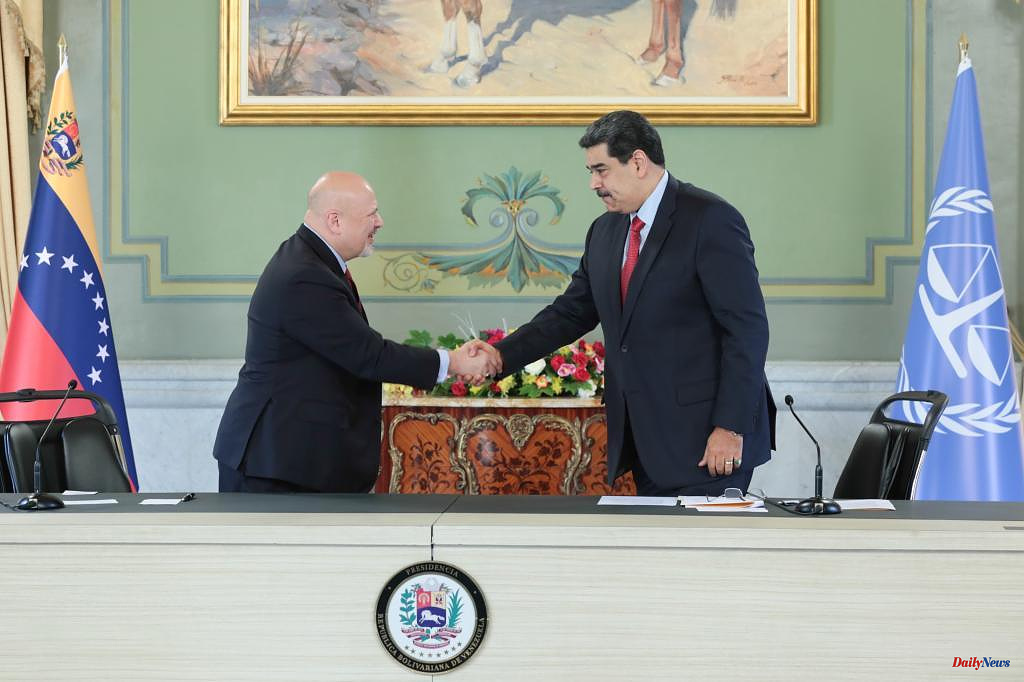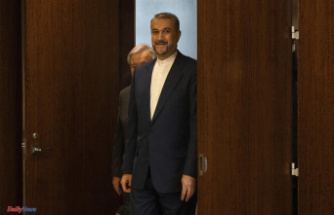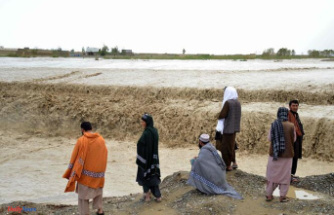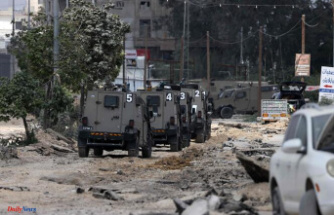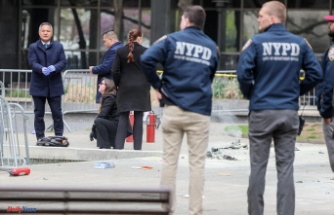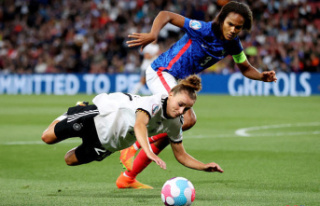The Bolivarian revolution has responded forcefully against the momentous decision of Karim Khan, prosecutor of the International Criminal Court in The Hague (ICC), who has advanced in the prosecution of Nicolás Maduro and his court for crimes against humanity. "Venezuela rejects accusations by prosecutor Khan, demonstrating a prejudiced vision that exploits justice and human rights for political purposes, to the detriment of the seriousness and rigor that is expected of that body," said Chavista Foreign Minister Yván Gil.
In its statement, the Maduro government accuses Khan of relying "on the fallacies of media and geopolitical aggression launched to accuse Venezuela of alleged crimes against humanity that have never occurred." On the other hand, both the reports of the High Commissioner and the United Nations Verification Mission confirm that during Maduro's decade at the helm of the country extra-summarial executions, torture, rape, forced disappearances and arbitrary detentions have been carried out in a context of "systematic attack against the civilian population".
With this propaganda response, which even denies the ICC prosecutor "competence to hear the facts presented", the revolutionary ban is opened against Khan, who in Caracas was received with all the Bolivarian pageantry in a failed attempt at seduction.
At the judicial level, the Maduro Executive has until April 20 to respond to the prosecutor with a reply "not to exceed 10 pages." The ICC and its prosecutor have today become the main obstacle to the whitening undertaken by the Bolivarian regime.
"The dictatorship is launching a discredit campaign against the ICC due to the recent report by prosecutor Khan. They feel that justice is coming their way, the cumbersome reports full of inaccuracies and lies made with data from the Public Ministry reveal the urgent need to continue the investigation. The massive participation of victims and civil society is the preamble to what may be the case. It is a space that the regime does not dominate, which is why it questions, but the evidence is lapidary," said former Venezuelan prosecutor Zair Mundaray, exiled today in Colombia.
It is precisely the certainty that Khan has that Chavismo has not investigated the violations of human rights or prosecuted them that has pushed him to continue the process in the International Criminal Court.
"This rejection is a clear demonstration that they do not have the slightest intention of investigating and punishing these crimes," said lawyer Joel García, a human rights defender.
In its propaganda strategy, aimed above all at its allies abroad, Chavismo once again uses the term lawfare (judicial war) in its defense, which several of its partners in the Patria Grande have used to exhaustion in their various encounters with Justice. From Lula da Silva to Cristina Kirchner through Evo Morales or Rafael Correa, all of them have used the general persecution of the "right and the oligarchy" in their cases of corruption or electoral fraud.
According to the criteria of The Trust Project

